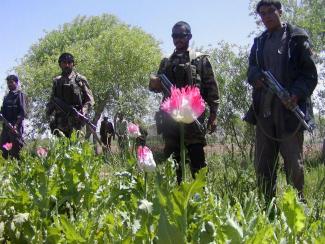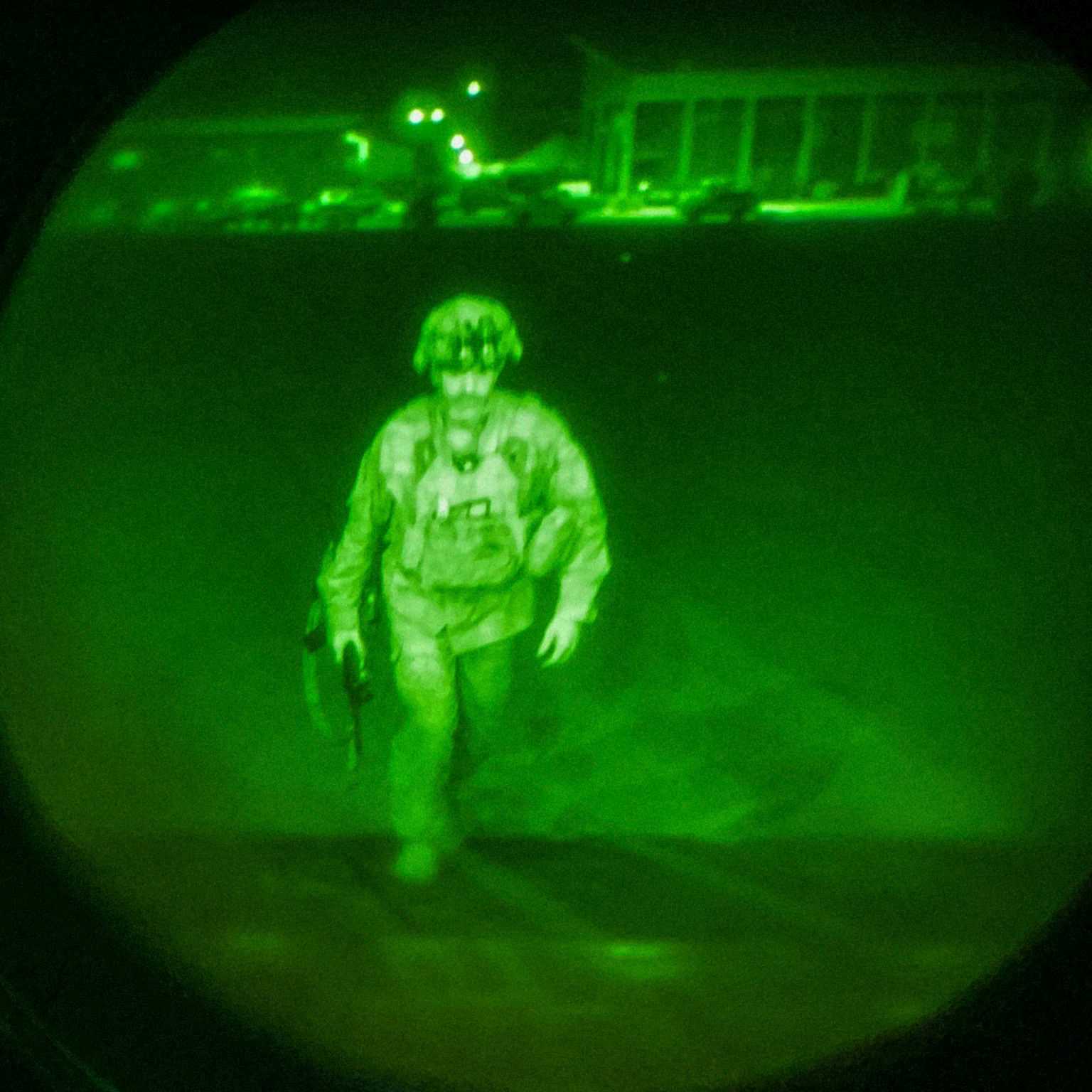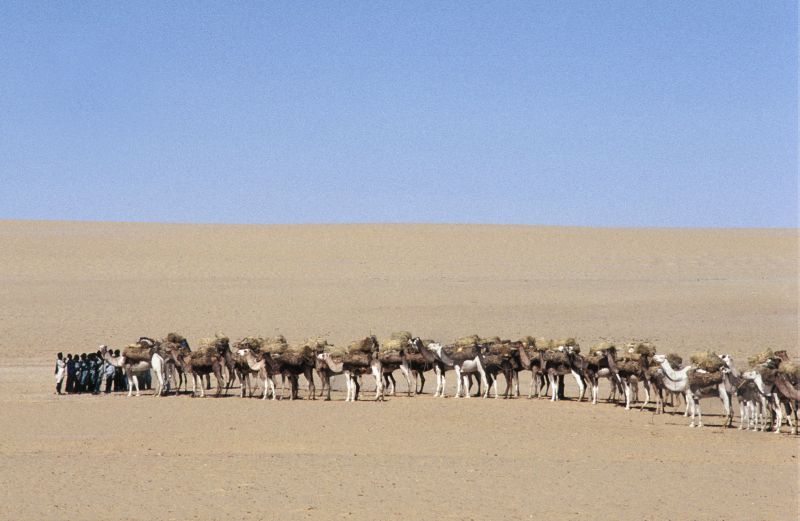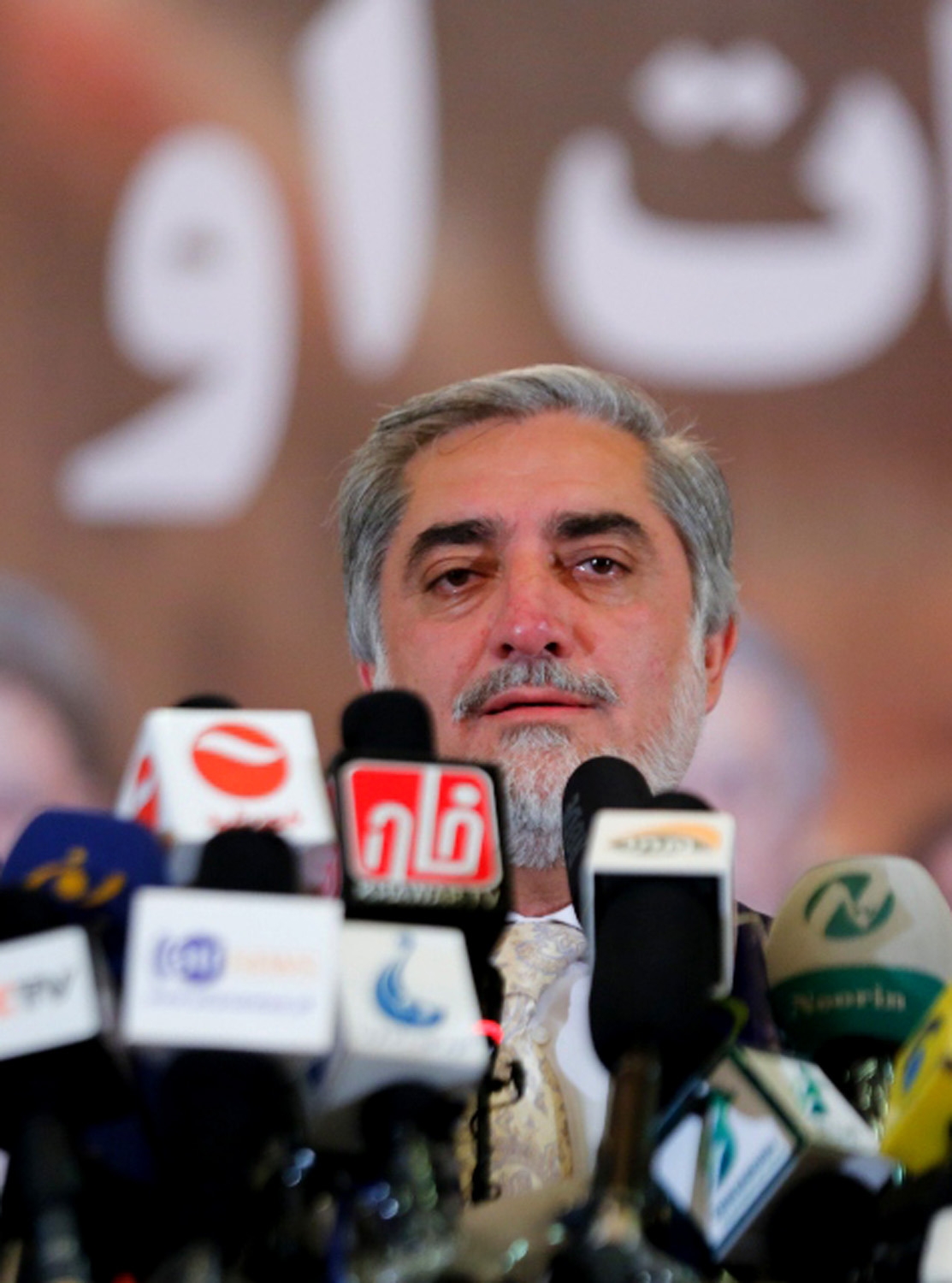Afghanistan
Stop blaming victims for western failure in Afghanistan

Any serious assessment of what happened in the past 20 years needs to take into account:
- that Islamist fundamentalism is not mediaeval, but essentially modern and
- that Afghanistan is not an isolated developing country, but actually very well integrated into the world market, though only in its illegal version of the global drug trade.
Religious fundamentalism
After 20 years of German troops deployment to Afghanistan, the German public should have a deeper understanding of Islam. Yes, it is true that the Taliban claim to be promoting Islam in its true form, but most Muslims around the world, especially those with a deeper understanding of theology, do not agree.
Sharia law can be interpreted in many different ways. Indeed, Muslim scholars have been debating the underlying principles for centuries and developed several different schools of thought. The Taliban version is an extremely sectarian interpretation. They want us to believe that it is the essence of Islam, but that is not true. I find it embarrassing that many Germans apparently still cannot tell fundamentalist propaganda from the rich traditions of a world religion.
Given that many people in the west still are largely ignorant, it’s worth repeating once more that there are three different and mutually incompatible varieties of Islamist fundamentalism: The Shia regime in Tehran has very little in common with the Wahhabi fundamentalism promoted by Saudi Arabia, and the various offshoots of Egypt’s Muslim Brotherhood have a completely different history. All three varieties of political Islam only became internationally relevant in the 20th century (see my book review in Focus section of D+C/E+Z e-Paper 2019/10). They have been crowding out more tolerant and peaceful Sufi traditions throughout the Muslim world in recent decades.
Afghanistan’s Taliban are basically inspired by Wahhabism, and their relations with Iran have never been friendly. The radical ideology was fostered in refugee camps in Pakistan. Back then, the Soviet Red Army was trying to bolster a communist government in Afghanistan, and the US government was eager to support what it called “freedom fighters” in the country. Saudi missionaries preached their version of fundamentalism in refugee camps in Pakistan, and Islamist rebels who returned to Afghanistan could rely on American support. The sad truth is that the USA contributed to the growth of the Taliban when they still seemed a convenient force in the Cold War against the Soviet Union.
After the defeat of the Red Army, civil war continued in Afghanistan, and in the late 90s the Taliban managed to control almost the entire country. By then, western attitudes to them had changed. They were no longer considered to be useful, and their rule was appallingly despotic.
After the terror attacks on New York and Washington on 11 September 2001, US President George W. Bush decided to invade Afghanistan. The idea was to make sure it would never again become a safe haven for Islamist terrorists. One implication was that western aid would have to help to build an Afghan democracy.
NATO and later the UN joined the US effort after US troops had conquered Kabul in late 2001. For one and a half decades, ISAF, the International Security Assistance Force, was in control of the country. However, the US troops primarily focused on hunting down terrorists and fighting criminals. They did not pay much attention to civilian casualties, which caused serious resentment. The only Afghan institutions the international community really invested in were the army and the police. The judicial system and the civil service attracted rather little donor attention, and elections remained marred by controversies and increasingly low turnout. Nothing substantial changed when, at the end of 2014, ISAF was discontinued and western troops officially began operating in Afghanistan on behalf of the Afghan government.
In the remote rural areas of all developing countries, traditions which are passed on informally from generation to generation matter more than formal legislation. Typically, the traditional norms have religious connotations. Western agencies often struggled to tell traditional settings from Taliban fundamentalism, and that helped the extremists pose as the true representatives of both faith and people.
Globally traded commodity
Illegal drugs were a serious problem right from the start. Afghanistan is the world’s most important producer of opium, supplying about 90 % of the globally available commodity. During the civil war, opium money had kept various militias afloat, and of course the Taliban had benefited too.
There are no reliable statistics, because nobody documents precisely what happens on black markets. However, experts reckon that opium may have accounted for up to one third of gross national product in Afghanistan even in recent years (see Janet Kursawe in the Focus section of D+C/E+Z e-Paper 2018/12). Drug money not only helped the Taliban to keep going, others were involved in the business as well.
German journalists regularly bemoan corruption in Afghanistan, but the plain truth is that one should not expect anything else in a country where an illegal industry is so important. Those who invest in this business need to ensure their investments are safe. They bribe officeholders, but they also employ brutal thugs. Organised crime is inherently violent.
In some ways, Mafia gangs resemble informal militias. In Afghanistan, the distinction between militia and gang often does not make much sense, and former warlords still tend to be in command. Their power does not simply result from mediaeval traditions and tribal attitudes. It depends on export revenues to a considerable extent. As is true of Mafia gangs, it also depends on a perverse sense of security they project. In a civil war, people learn to rely on the protection of strongmen, no matter how appalling those strongmen are. It is only of secondary importance whether armed men belong to regular units or not, especially since the official security forces will often be affected by corruption.
Western governments knew what was going on all the time, but they had no strategy to thwart the drugs business. It was impossible to eradicate opium cultivation because:
- far too many livelihoods depend on it and
- far too many powerful players were involved in it.
A modern economy needs to be formalised, but an illegal industry cannot be formalised. Given that the drugs industry – which today also includes heroin processing, cannabis cultivation and crystal-meth labs – was so important, attempts to build a modern, truly democratic state could not succeed. The western public basically looked away, and policymakers did not come up with unconventional and innovative policies that might have turned opium money into legally earned money. Opiate addiction is a terrible curse, so legalisation is not a convincing option. Perhaps the international community should have simply bought most of the opium harvest at attractive prices and then destroyed it. That would have been expensive – but the New York Times estimates that the war cost the US government $ 2 trillion anyway. Buying the drug instead of destroying fields would at least not have alienated local people.
Three decades before President Bush declared his “war on terror”, US President Richard Nixon had declared a “war on drugs”. The idea was to free western societies of illegal drugs, which were treated not as a health problem but a law-and-order issue. The war on drugs has failed, and western countries are awash with various illegal substances.
Western countries are slowly and incrementally changing their approach to this issue. Prominent leaders including former Swiss President Ruth Dreyfus have called for more radical reforms with a focus on regulation rather than prohibition, but such advice has largely not been followed (see Eleonore von Bothmer in Focus section of D+C/E+Z e-Paper 2018/12).The dysfunctional international prohibition of drugs has not reduced the demand for illegal substances. It has made demand stronger. The black market is most profitable – and it is undermining viable statehood in many places, including Colombia and Mexico, transit routes through the Sahara desert or slum areas of Rio de Janeiro and Los Angeles. There can be no rule of law where the livelihoods masses of people depend on are illegal.
That western governments shied away from this conundrum is an important reason why the western attempt to prop up a supposedly legitimate Afghan government failed both with and without the ISAF logo. It did not help that they ignored lessons concerning rural power structures and traditions in strife-torn countries.
Hans Dembowski is editor in chief of D+C Development and Cooperation / E+Z Entwicklung und Zusammenarbeit.
euz.editor@dandc.eu
Correction, 2 September 2021, 10:45 am Frankfurt time: When I wrote this blog post, it slipped my attention that ISAF formally ended in late 2014. It was therefore inaccurate to state that ISAF had suffered defeat. I apologise for this mistake. Moreover, I up-dated the cost estimate after I found an assessment in the New York Times according to which the US government spent at least $ 2 trillion rather than merely $ 1 trillion.












